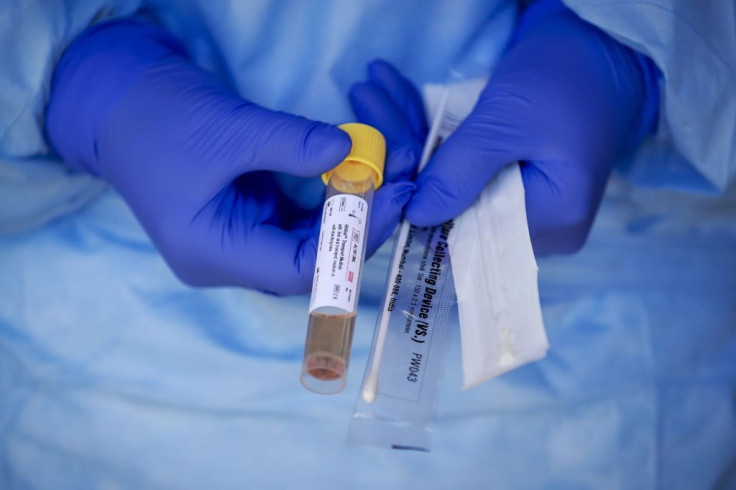The U.S. government initially downplayed the severity of the coronavirus outbreak. President Donald Trump said in January that the situation was “totally under control.”
“No, not at all,” Donald Trump replied when asked by CNBC’s Joe Kernen if the administration was worried about a pandemic. “And-- we’re -- we have it totally under control. It’s one person coming in from China, and we have it under control. It’s—going to be just fine.”
But the coronavirus situation was far from under control as COVID-19 cases continue to rise. As of March 29, there are 142,047 confirmed coronavirus cases in the country and the U.S. has long since surpassed Italy and China becoming the country with the most number of infections, based on data from Worldometers.
Schools, colleges and non-essential businesses are temporarily closed to try to reel in the spread of the pathogen. However, many fear that the economic repercussions of the virus could be something akin to what the country experienced in the 1930s during the Great Depression.
“This will be very economically disruptive, and an analogy to the Great Depression is the closest to what we may face,” Stanford University economics professor Matthew Jackson said, according to USA Today. “These huge events can have profound changes on the views and beliefs people have.”
The government is cognizant of the economic rough times coming and is already taking steps to mitigate its effects. The $2 trillion coronavirus package will give one-time payments of $1,200 per adult and $500 per child, while $367 billion will be allocated to help small businesses and $500 billion for larger ones.
But the fight against the coronavirus pandemic might just be what mankind needs to create an even better society, one that is “better poised to protect its citizens from future crises.” The pandemic could give rise to better health care systems all over the world as leaders digest the lessons learned after the health crisis.
Previous upheavals have been the catalysts for positive change. For instance, the Great Depression gave rise to the Social Security Act, according to USA Today. Word War II placed minorities into the military and women into the workforce, which led to equal and civil rights movements. Meanwhile, the 2008 financial crisis resulted in stricter banking regulations to better protect clients’ assets.
But some changes happening elsewhere in the globe might not work in the U.S., especially if they concern civil liberties. “Just like terrorism before it, this pandemic may present real challenges to civil liberties that we’ll have to grapple with,” said Matthew Continetti, resident fellow at the think tank American Enterprise Institute.
For instance, some Asian nations are tracking virus carriers via closed-circuit TV cameras and their cellphones. However, such a strategy won’t likely work in the U.S. as it would be viewed as an assault to Americans’ ideas of freedom. “I don’t think most Americans are ready to embrace that.”

© 2025 Latin Times. All rights reserved. Do not reproduce without permission.



